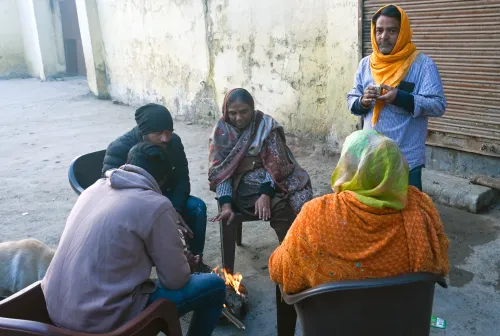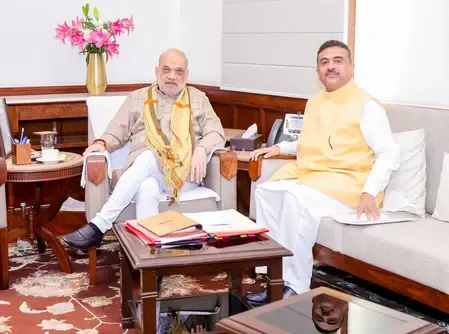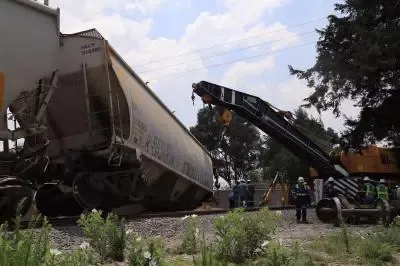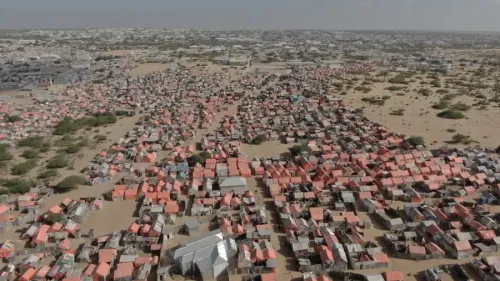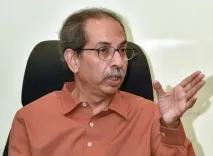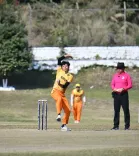How Many Years Will the SIR Process Take? Mamata Banerjee Explains
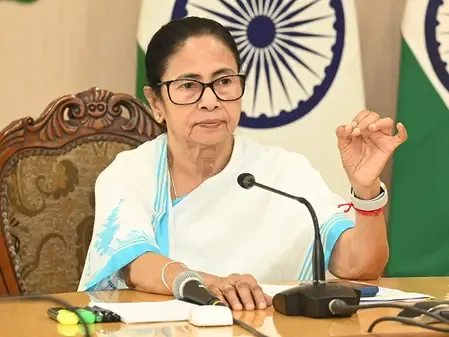
Synopsis
Key Takeaways
- Mamata Banerjee emphasizes a lengthy timeline for the SIR process.
- The Supreme Court supports the use of AADHAR cards as identity proof.
- Banerjee believes EPIC cards should also be recognized.
- She refrains from commenting on political unrest in Nepal.
- Her approach highlights the need for thorough electoral processes.
Kolkata, Sep 9 (NationPress) West Bengal Chief Minister Mamata Banerjee reiterated her position on Tuesday, stating that the special intensive revision (SIR) suggested by the Election Commission of India (ECI) cannot be rushed, as the commission has allegedly attempted to do so.
"Completing the special intensive revision will require a timeframe of at least three to four years. It is impossible to finalize the entire process within a mere three to four months, which is what the commission seems to be pursuing," the Chief Minister informed reporters at the Netaji Subhas Chandra Bose International Airport in Kolkata before departing for north Bengal to oversee several administrative programs planned for the week.
During her address, CM Banerjee expressed her approval of the Supreme Court's decision from Monday, noting that AADHAR cards will be accepted as valid identity proof in the context of the special intensive revision for Bihar, which is scheduled for elections this year.
"The AADHAR card is now a legitimate form of identification. Those lacking AADHAR cards will need to secure them soon. Additionally, I believe that EPIC cards should also be regarded as valid identity evidence for the special intensive revision," the Chief Minister added.
Despite numerous inquiries, CM Banerjee declined to comment on the ongoing political unrest and violence in neighboring Nepal.
"I have great affection for my neighboring country, Nepal. However, I cannot provide comments on the current situation there at this time. I will only do so if the Indian government issues a statement regarding it," she mentioned.
She recalled that during the political turmoil in neighboring Bangladesh last year, she also refrained from commenting until the Union government addressed the matter.
"Up to now, the Union government has not released any statement concerning the situation in Nepal," the Chief Minister concluded.


